Women's Reform Debate: Hezbut Tawheed's Perspective
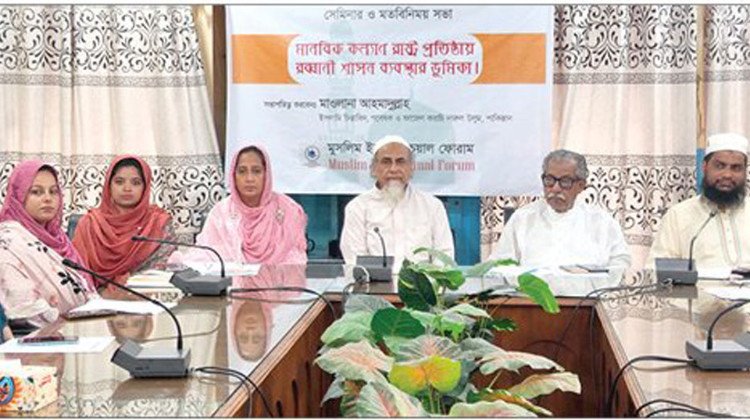
Rufaidah Panni:
Question: Several religious groups in the country are sharply criticizing some of the proposals made by the Women's Reform Commission and demanding the commission's dissolution. What is the position of Hezbut Tawheed on this matter?
Answer:
The Women's Reform Commission, led by Shirin Parveen Haque, submitted a reform proposal report titled "Recommendations on Legal Reforms for the Protection of Women's Rights and Dignity" to the Chief Advisor of the Interim Government in April 2025. Some of the commission’s proposals, especially regarding reforms to family law and religious rulings, triggered strong reactions from religious groups and some political parties. Hefazat-e-Islam and Islami Andolon branded the proposals as anti-religious and unconstitutional and demanded the commission’s dissolution. On the other hand, women’s rights activists and sociologists expressed their views in the media, calling these reforms an important step toward gender equality and women's independence.
Family Law:
To ensure equal rights in marriage, divorce, and child maintenance, the commission recommended introducing a Uniform Family Law for women of all religions instead of reforming Muslim, Hindu, and Christian personal laws separately. That is, the commission proposed this uniform law so that a common social right would apply equally to all women, regardless of religion and caste. However, religious groups strongly opposed this proposal, calling it contradictory to Islamic Shariah, and demanded the commission be dissolved. Similarly, leaders of the Hindu community also objected clearly, stating that the commission had no authority to amend their religious laws.
Inheritance Law:
The commission proposed granting women 50% inheritance rights from their father's property and reforming the religious inheritance system. Religious groups also vehemently opposed this, as they wanted to maintain the existing religious provisions where a Muslim woman receives half the inheritance of a son.
Recognition of Sex Workers as Laborers:
The commission proposed recognizing sex workers as laborers according to ILO Conventions 189 and 190. However, since this proposal is considered contrary to religious and social values, it faced fierce criticism and calls for cancellation. Hefazat-e-Islam announced protest programs across the country in May 2025. Islami Andolon Bangladesh and Jamaat-e-Islami also strongly criticized the proposal to grant labor status to sex workers. They demanded the annulment of the commission’s report and filed a writ petition in court.
On the other hand, women’s rights activists and sociologists consider these proposals essential for establishing women's rights. They argue that without recognizing sex workers as laborers, they will be deprived of social and economic security. Such recognition would ensure their access to healthcare, a safe working environment, and legal protection—critical elements for safeguarding human rights. The head of the Women’s Reform Commission, Shirin Parveen Haque, stated, “Many obstacles will arise regarding our recommendations, but we are prepared to face those challenges.”
Hezbut Tawheed’s Position:
Our clear stance is that Islam’s policy on women is very clear and balanced. There is no ambiguity, no bias, no injustice. The law of Allah is just and fair. In our view, the members of this commission are influenced by Western philosophies. They are being misled by observing the behavior of extremist religious groups in society. Without knowing the true essence of religion—particularly of Islam—they assume that if Islam gains state power, oppression on women will increase, and their rights will be curtailed.
We believe this perception is entirely incorrect. Hezbut Tawheed firmly asserts that the true Islam of Allah and His Messenger has been lost. If that's true Islam is re-established, there will be no need for any women's policy reform at all.
It is a gross misconception to think that recognizing sex workers as laborers will ensure their rights. If someone truly wants their welfare, then they should be rescued from the degrading and exploitative profession of prostitution and given the opportunity to live a healthy, safe, and dignified social life. We see that numerous initiatives are taken by both the state and private sectors for the rehabilitation of drug addicts—such as establishing treatment centers, counseling, mental health rehabilitation programs, self-control training, vocational training, and financial incentives to return them to their families. Not only treatment but major efforts are made to restore social acceptance as well. Compared to drug addicts, sex workers are fewer in number and live in far more vulnerable and degrading conditions. Yet, there is practically no effective initiative for their rehabilitation or to ensure alternative livelihoods.
In this context, instead of legalizing and perpetuating such a vile profession, what is needed is to provide them with education, healthcare, mental well-being, and opportunities for alternative employment, so they can return to a respectful life. To define such a diseased lifestyle as "labor" can in no way be considered a humane, moral, or farsighted decision. We believe that those who wish to legalize it are in fact trying to avoid their social responsibility of alleviating their misery.
In summary, Islam never discriminates against women. The scholars opposing the proposed women’s policy are engaging in conventional, issue-based activism. We say: Instead of that path, everyone should unite on the path of jihad for the establishment of Allah’s religion. Only by uniting under the leadership of one leader to establish Allah’s true religion will the real liberation of women be achieved.
Images Related to this Post
- Women's Reform Debate
- Bangladesh Women's Rights
- Hezbut Tawheed Position
- Islamic View on Women's Rights
- Legal Reforms Bangladesh
- Sex Workers Debate
- Family Law Reform
- Inheritance Rights
- Sharia Law Bangladesh
- Women's Equality
- Western Influence
- Religious Groups Debate
- Gender Equality Islam
- Islamic Social Solutions
- Women's Dignity in Islam

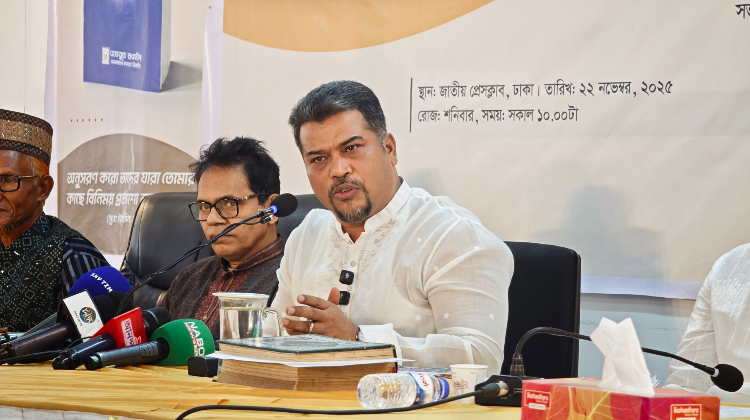
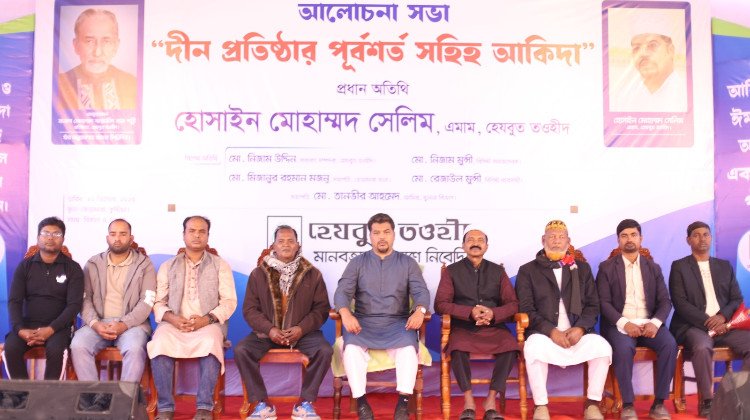


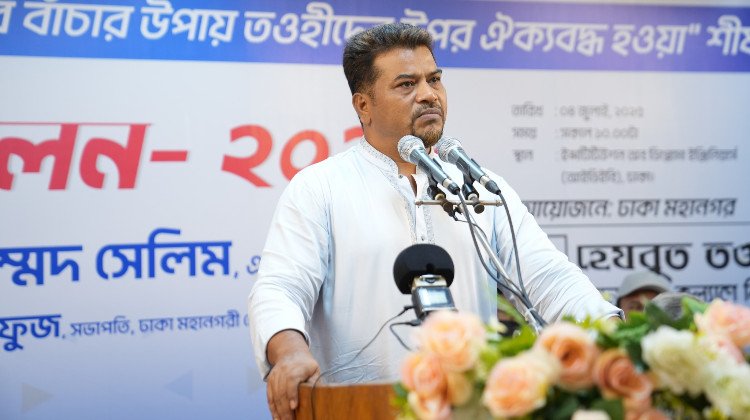
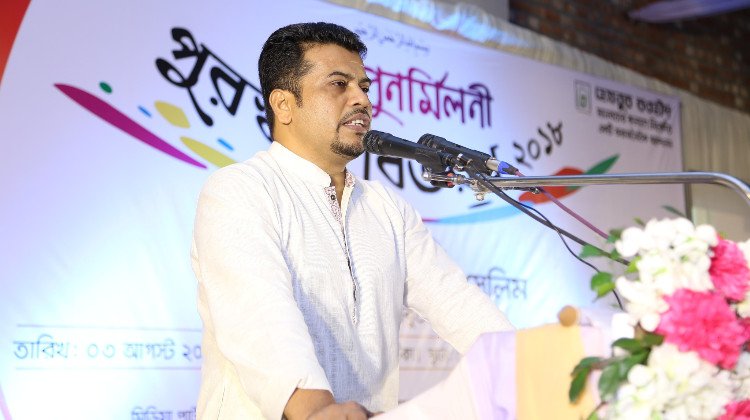
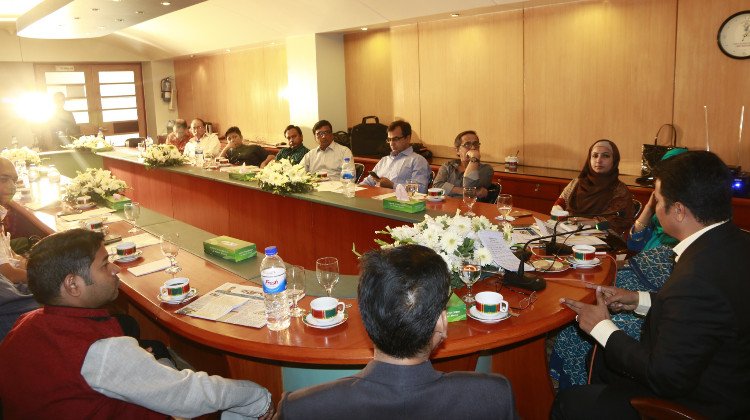
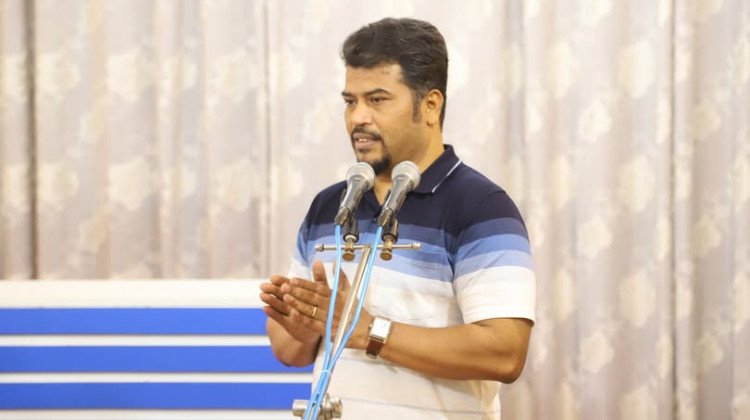
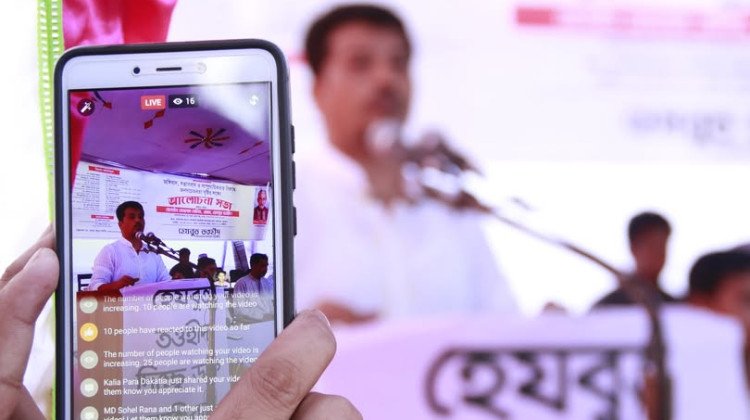
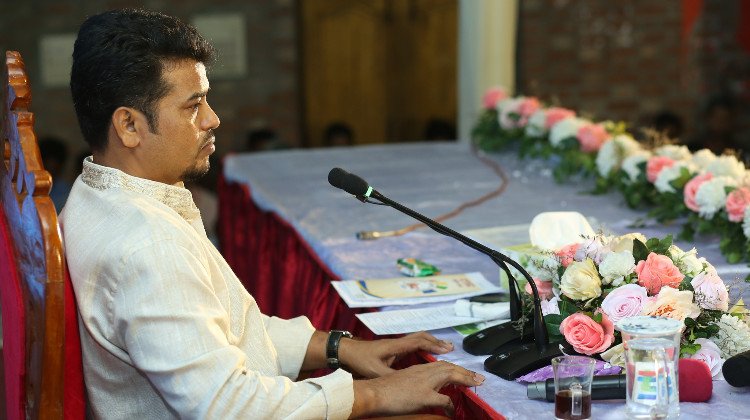








Leave a Comment